
Stormy, husky, brawling
City of Big Shoulders
Chicago, as Carl Sanburg so eloquently described in his classic poem of the same name, is an enduring place. Tough, resilient and leathery, its citizens, hardened by blood-thickening winters and elbow grease applied to fueling smokestacks during its industrial past, are blue-collar rugged with a twist of affability. Through gruff voices mouthed by faces often adorned with hairy upper lips, Midway luminaries of yesteryear shouldered enormous weight. Their memorable stamps on society made far-reaching impacts, none possibly more so than from the sports world. A short list of recognizable athletic gods who were worshipped, or to some outside of the 312, despised …
Butkus, Payton. Singletary. Mikita. Roenick. Banks. Sandberg. Santo. Konerko. Big Frank. Pippen. Jordan.
All are legends. All are exemplary of the city’s unflappable grit.
—
Along the shores of Lake Michigan nestled between Magnolia Glenn and Rogers Park on Chicago’s north side lies a majestic green-splashed campus, when temps aren’t suitable for arctic fauna, Loyola University. Founded in 1870, it’s one of the largest Catholic schools in the country with a student body of 17,000 strong.
Unbeknownst to most casual college basketball fans, it also features a sleeping giant, a team that exhibits the tireless work ethic indigenous to the area.
Better than the 2018 version that donned Cinderella’s slipper en route to the Final Four, this year’s iteration has all the makings of a bracket buster. The underpublicized Ramblers, sturdy and unflinching, are blessed with the necessary characteristics to make a deep postseason run. Whether propelled by the divine interventions of 101-year-old team chaplain Sister Jean or the tactical brilliance of head coach Porter Moser, Loyola is a potential regional wrecker.
Here are four reasons why the Ramblers are for real:
Experience. Krutwig and Lucas Williamson are quite familiar with storied runs. The pair were instrumental pieces on the 2018 Final Four team. The 37th-most experienced unit in college basketball featuring the 11th-most continuous minutes, Loyola is long-toothed and undaunted. In a pressure-packed one-and-done tournament, its unfazed nature is invaluable.
Unpliable D. An embodiment of the urban sprawl around it, Loyola is black and blue in style and substance. Only Alabama has surrendered fewer points per possession. An unbreakable dam once set in the half court, the Ramblers cut off driving lanes, swarm the paint and ceaselessly contest shots. Vise-like, they clamp down and squeeze, which often leaves the competition disorganized and searching for answers. In Missouri Valley action, Loyola limited opponents to 44.7% inside the arc and 31.9% outside of it. It also forced a turnover on a whopping 25.0% of opponent possessions.
Methodical pace. For competitors, the Ramblers are an up-the-nose COVID-19 swab. Every possession is uncomfortable. Most are unpleasant. Similar to recent Virginia teams, they adhere to the tortoise role in Aesop’s Fable — slow and steady wins the race. Out of 357 Division-I teams, they ranked No. 341 in adjusted tempo. Their shot-clock bleeding style is why they can overcome talent gaps. The applied frustration, especially for teams that relish an up-tempo approach, often snowballs terribly.
Krutwig’s creativity. Oscar Robertson, Hersey Hawkins, Larry Bird and Krutwig. They are the only individuals to register 1,500 points, 800 rebounds and 300 assists in their Missouri Valley careers. A point center, he’s the heart and soul of coach Porter Moser’s scheme. The mustachioed center is sensational on the pivot, relentless on the glass and deft scoring on close-proximity shots. Unsurprisingly, he’s No. 3 in KenPom’s Player of the Year ranks. A man who would never shun a mustard-clad Vienna beef hot dog, Krutwig is the Abe Froman of hoops and the primary reason why Loyola will be hard to eliminate.
Admittedly, Loyola’s draw as the No. 8 seed in the Midwest Region is daunting. Georgia Tech boasts a phenomenal inside-outside combination in ACC Player of the Year and gutsy guard Jose Alvarado. A potential Round of 32 matchup against Illinois, which would have the entire Land of Lincoln abuzz, is even more intimidating. Still, the predictive analytics darling should not be underestimated.
Tough out? For the Chicago representative, it’s absolutely apropos.
What other underdogs could leave brackets bloodied?
Here are four additional ‘Flame’ candidates:
Connecticut Huskies (No. 7 seed, East) — Head coach Danny Hurley exhibits the energy of a dozen squirrels hyped up on Four Lokos. His team, too, is playing with a similar springiness. Over their last eight contests, they torched the twine at a ridiculous 1.192 points per possession clip while only surrendering 0.883 points per possession. With floor general James Bouknight healthy and featuring rim protectors Adama Sonogo, Isaiah Whaley and Tyrese Martin, this is a club no top seed wants to draw in their region. When executing their best ball, they bludgeon opponents on the offensive glass, splash repeated threes and routinely beat defenders off the dribble. On the No. 7 seed line and with a potential shootout affair on tap in the Round of 32 against a three-intensive Alabama squad, the Huskies are more than capable of mushing through their region.
Oregon Ducks (No. 7 seed, West) — Presumably shielded by the dense forest that adorns the court inside Knight Arena, the Ducks are not receiving the national hype they deserve. Chris Duarte is a phenomenal all-around scorer who drives to the cup undaunted and drains threes at over a 40% clip. Once visible on the national stage, he’s sure to shine under the spotlight. Flanked wonderfully by Eugene Omoruyi, LJ Figueroa and Will Richardson, he typically thrives in pressure-packed situations. The Ducks’ pressing defense, which forced an opponent turnover over 20% of the time, and experience are also admirable qualities. Burying over 40% from three while tallying 1.185 points per possession in their last nine games, the Ducks are another No. 7 seed who could slash brackets if not backed. Iowa with Big Ten Player of the Year, Luka Garza, would be a formidable opponent in the Round of 32, but the Hawkeyes’ inconsistencies on defense could springboard OU into the Sweet Sixteen.
Winthrop Eagles (No. 12 seed, South) — The Eagles have the potential to be the chalkiest No. 12 seed in the recent memory. Everyone and their great grandmother is fading the living daylights out of Villanova, and for good reason. Winthrop is a matchup problem for a Wildcats team down Co-Big East Player of the Year Colin Gillespie. Just over 39% of its shots are from deep, which placed it in an advantageous position against a Villanova defense No. 248 nationally in three-point defense. Equally disconcerting for Jay Wright, his club doesn’t jog out adequate rim protectors, allowing undeterred off-the-dribble slashes by the opposition. Pat Kelsey’s team has the rebounding chops, depth and experience to exploit ‘Nova’s weaknesses. Charles Falden, D.J. Burns and Chandler Vaudrin are about to become household names.
Georgetown Hoyas (No. 12 seed, East) — The Hoyas are winning at least one NCAA Tournament game. No Oprah shocked face is necessary. Once thought unfathomable merely days ago, it’s entirely realistic. Some random MSG patron, per security guards, Patrick Ewing has done a brilliant job pushing his club to the summit. Over their final nine games, Georgetown undercut the opposition via effective three-point shooting, strangling defense, plentiful free throws and, naturally given Ewing’s fingerprint, tireless rebounding. Over that stretch, it tallied 38.5% from the perimeter, allowed 0.893 points per possession and generated a second chance on 32.9% of the time. The Hoyas’ length is disruptive and their confidence is sky high. If Jahvon Blair continues to drain triples and Qudus Wahab repeatedly blasts the glass, they should knock off Colorado in Round 1 at a minimum.








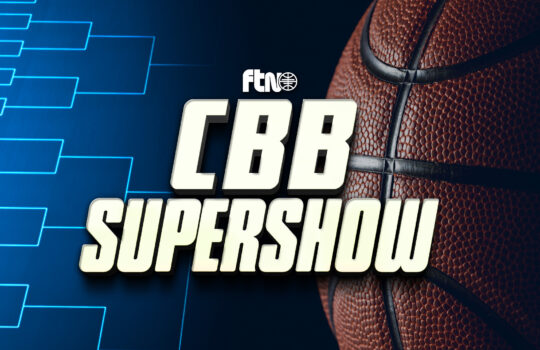




















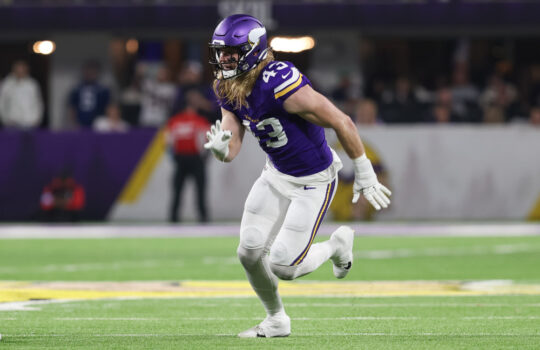



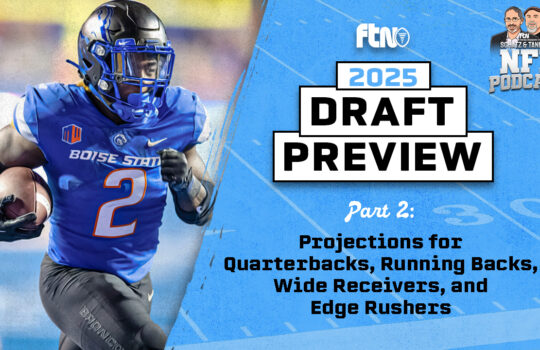

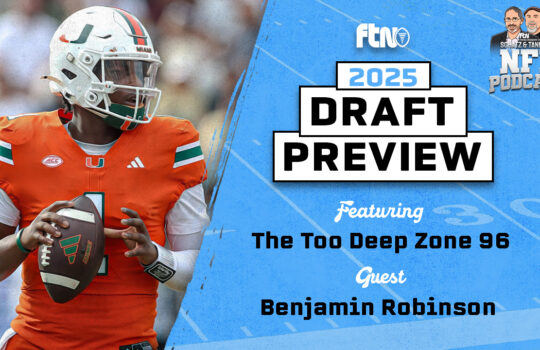





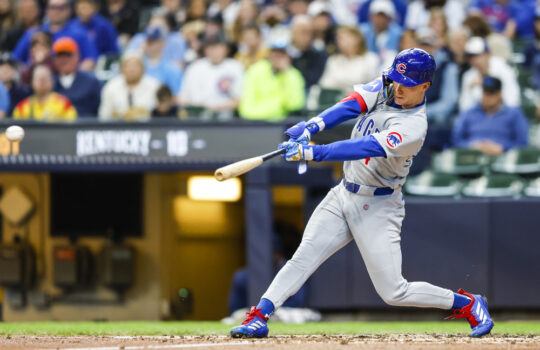

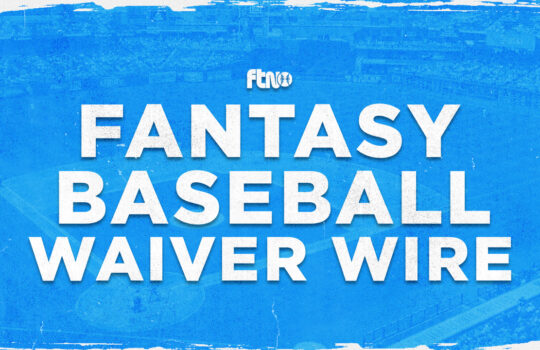

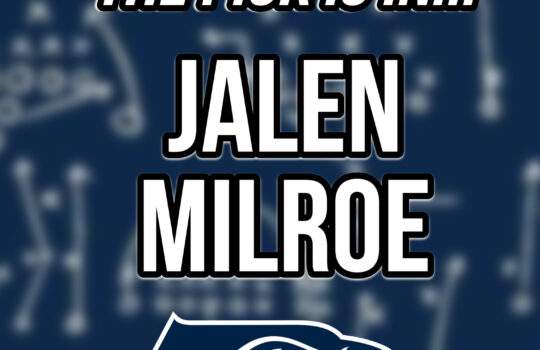

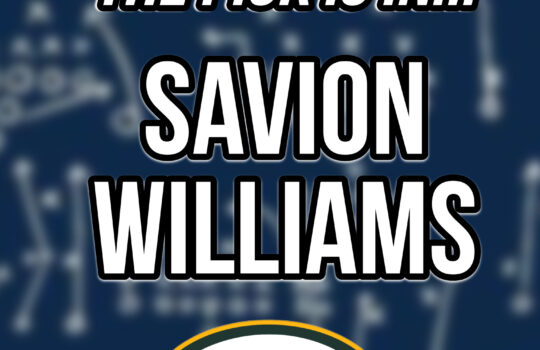
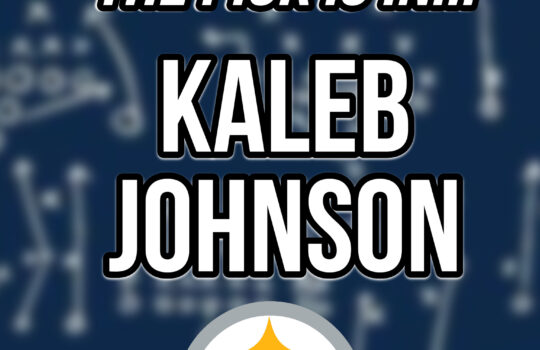

 New York Jets
New York Jets  New England Patriots
New England Patriots 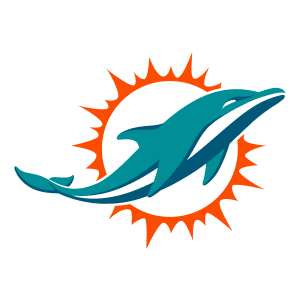 Miami Dolphins
Miami Dolphins  Buffalo Bills
Buffalo Bills  Pittsburgh Steelers
Pittsburgh Steelers  Cleveland Browns
Cleveland Browns  Cincinnati Bengals
Cincinnati Bengals  Baltimore Ravens
Baltimore Ravens 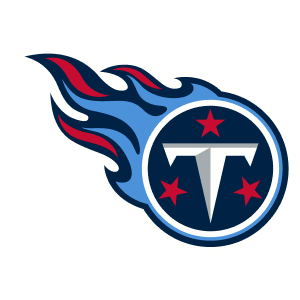 Tennessee Titans
Tennessee Titans  Jacksonville Jaguars
Jacksonville Jaguars  Indianapolis Colts
Indianapolis Colts  Houston Texans
Houston Texans  Las Vegas Raiders
Las Vegas Raiders 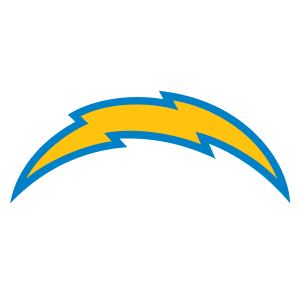 Los Angeles Chargers
Los Angeles Chargers  Kansas City Chiefs
Kansas City Chiefs  Denver Broncos
Denver Broncos  Washington Commanders
Washington Commanders  Philadelphia Eagles
Philadelphia Eagles 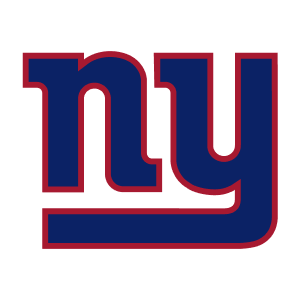 New York Giants
New York Giants  Dallas Cowboys
Dallas Cowboys  Minnesota Vikings
Minnesota Vikings  Green Bay Packers
Green Bay Packers 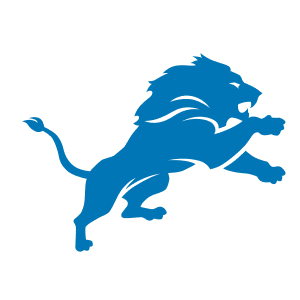 Detroit Lions
Detroit Lions  Chicago Bears
Chicago Bears 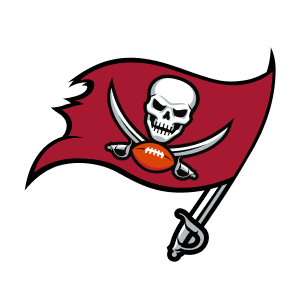 Tampa Bay Buccaneers
Tampa Bay Buccaneers  New Orleans Saints
New Orleans Saints 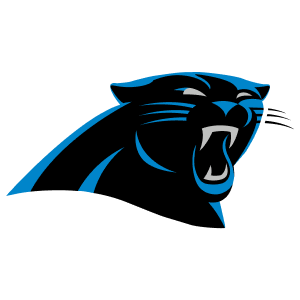 Carolina Panthers
Carolina Panthers 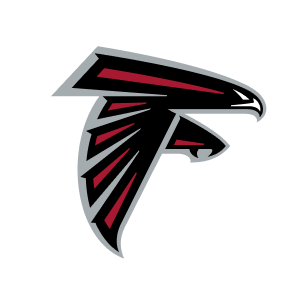 Atlanta Falcons
Atlanta Falcons  San Francisco 49ers
San Francisco 49ers  Seattle Seahawks
Seattle Seahawks  Los Angeles Rams
Los Angeles Rams  Arizona Cardinals
Arizona Cardinals 
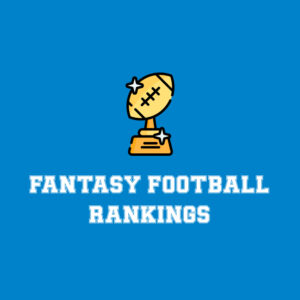
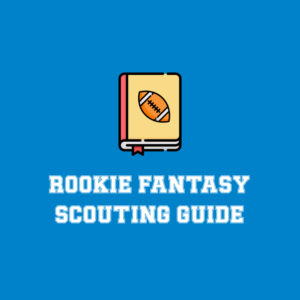






 Boston Celtics
Boston Celtics  Brooklyn Nets
Brooklyn Nets  Philadelphia 76ers
Philadelphia 76ers  New York Knicks
New York Knicks  Toronto Raptors
Toronto Raptors  Chicago Bulls
Chicago Bulls  Detroit Pistons
Detroit Pistons  Milwaukee Bucks
Milwaukee Bucks  Cleveland Cavaliers
Cleveland Cavaliers  Indiana Pacers
Indiana Pacers  Orlando Magic
Orlando Magic  Atlanta Hawks
Atlanta Hawks  Charlotte Hornets
Charlotte Hornets  Miami Heat
Miami Heat  Washington Wizards
Washington Wizards  Denver Nuggets
Denver Nuggets  Minnesota Timberwolves
Minnesota Timberwolves  Oklahoma City Thunder
Oklahoma City Thunder  Portland Trail Blazers
Portland Trail Blazers  Utah Jazz
Utah Jazz  LA Clippers
LA Clippers  Golden State Warriors
Golden State Warriors  Los Angeles Lakers
Los Angeles Lakers  Phoenix Suns
Phoenix Suns  Sacramento Kings
Sacramento Kings  Dallas Mavericks
Dallas Mavericks  Houston Rockets
Houston Rockets  Memphis Grizzlies
Memphis Grizzlies  New Orleans Pelicans
New Orleans Pelicans  San Antonio Spurs
San Antonio Spurs 










